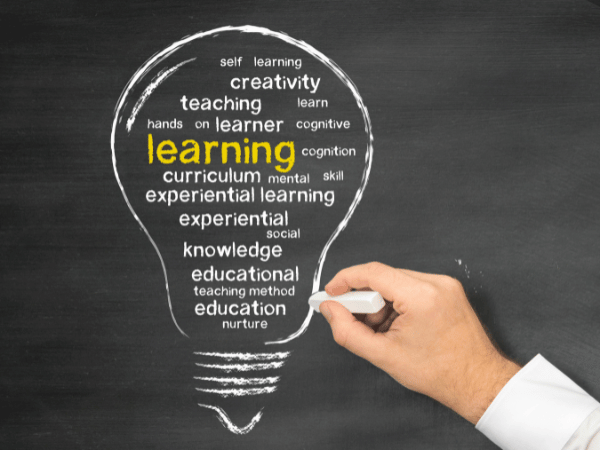Overview:
Experiential learning offers a few benefits in instructive settings, giving students involved, reasonable encounters that upgrade their comprehension and maintenance of information.

Here are the key advantages:
Improved Commitment:
Dynamic Cooperation: Students are more connected when they effectively take part in learning exercises as opposed to latently paying attention to addresses.
Coordinated effort and interactive abilities:
Cooperation: Numerous experiential learning exercises require coordinated effort, helping students create collaboration and relational abilities.
Peer Collaboration: Working with peers improves interactive abilities and helps fabricate connections.
Customized Learning:
Individual Speed: Students can learn at their own speed and style, making instruction more customized and powerful.
Upgraded Inspiration:
Interest-Based Exercises: Experiential advancing frequently includes exercises that line up with students' inclinations, expanding inspiration and excitement for learning.
Quick Input: Students get prompt criticism on their presentation, helping them remain inspired and improve consistently.
True Arrangement:
Useful Abilities: Experiential mastering helps students with getting down to earth abilities that are straightforwardly relevant in reality.
Versatility and Strength:
Confronting Difficulties: Experiential learning helps students to adjust to new circumstances and difficulties, building strength.
Gaining From Disappointment: Students figure out how to see disappointments as oppotunities for development and improvement.
Comprehensive Turn of Events:
Profound and Social Development: Participating in experiential exercises cultivates close to home and social turn of events, advancing by and large prosperity.
Fundamental abilities: Students gain fundamental abilities, like using time effectively, obligation, and autonomy.
Expanded Interest and Inventiveness:
Investigation: Experiential learning empowers investigation and interest, prompting inventive reasoning and development.
Innovative Critical Thinking: Students foster clever fixes to issues through active encounters.
In essence, experiential learning in schools improves commitment, maintenance, decisive reasoning, joint effort, customized learning, inspiration, true planning, flexibility, comprehensive turn of events, and imagination. These benefits make it an important way to deal with schooling, planning students for both scholastic achievement and true difficulties.
Read more: What are the benefits of outdoor classrooms for student learning